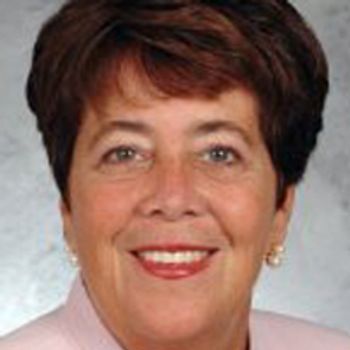
Anne Llewellyn had been a nurse in the Emergency Department and Respiratory Intensive Care for almost 40 years when she was diagnosed with a central nervous system brain tumor.


Anne Llewellyn had been a nurse in the Emergency Department and Respiratory Intensive Care for almost 40 years when she was diagnosed with a central nervous system brain tumor.
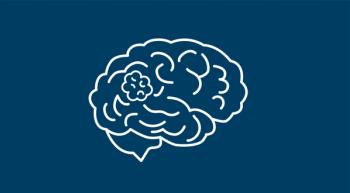
The abilities of the caregiver of a patient with glioblastoma multiforme may affect that patient's survival.
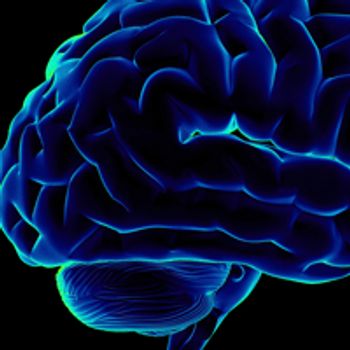
A recent study found that gliomas are less common among patients with higher blood sugar and diabetes.

Fewer people are dying from cancer than years ago, according to a recent study.

For patients with glioblastoma multiforme (GBM), tumor treating fields (TTFields) reduced the risk of death by 37% and extended overall survival by a median of 5 months.

A recent study found that individuals who had the chickenpox virus when they were younger were less likely to eventually develop gliomas.

Brain cancer research is progressing, but for patients with glioblastoma multiforme (GBM) and their caregivers, compassionate, intensive support is paramount.
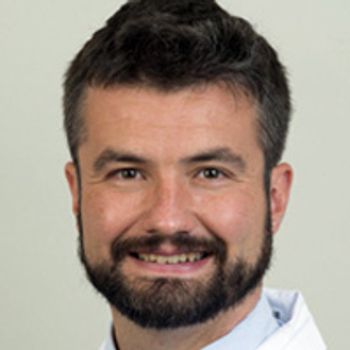
An upcoming study hopes to expand the use of tumor treating fields (TTFields) from only glioblastoma (grade IV tumors) into also treating grade III anaplastic astrocytomas as well.

Krista Qualmann discusses hereditary cancer syndromes.
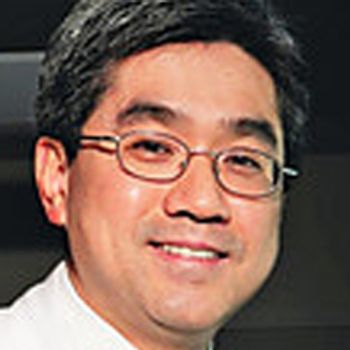
Optune, a noninvasive device that delivers tumor-treating fields to the brain, had been found to improve efficacy compared to chemotherapy and is well-tolerated by patients with glioblastoma multiforme (GBM).
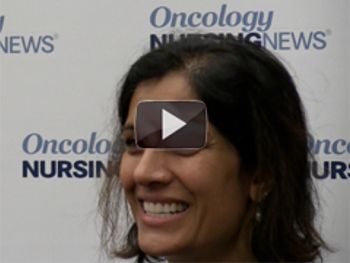
Anita Mahajan discusses the important points that nurses should include in their patient education for patients with brain cancer.
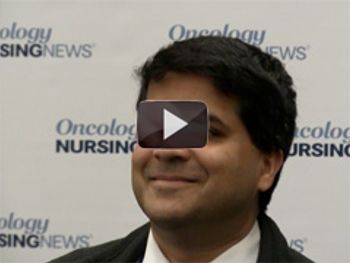
Dr. Ranji Bindra explains the delicate balance that must go into treating the parents of patients in pediatric oncology.
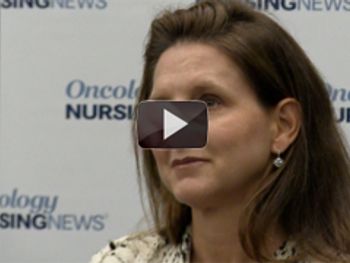
Kathryn Beal discusses what aftercare looks like for patients with primary brain tumors who have recieved a combination of radiation treatment and chemotherapy.
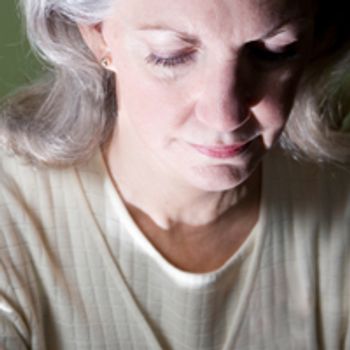
Caregivers of patients with GBM have an increased time burden and can affect the quality of life of the caregiver and, potentially, the patient with cancer.

Anita Mahajan, MD, discusses the oncology nurse's role when treating patients with brain cancer.
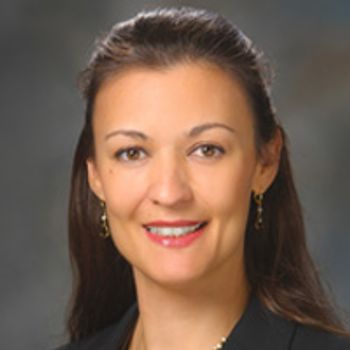
A recent study found that yoga could improve overall quality of life for patients with high grade glioma, as well as their caregivers.

New Awareness and Funding Campaign Aims to Transform Global Research Efforts and Accelerate Clinical Trials for Pediatric Brain Tumor Patients

By funding research and connecting patients with researchers, doctors and clinical trials, End Brain Cancer is hoping that more people will survive the disease.

Children's Brain Tumor Foundation explains the importance of their research and programs.

Brain cancer has replaced leukemia as the leading type of cancer causing death among children.

Caregivers of young adult survivors (YAS) of childhood brain tumors, usually their mothers, live dramatically altered lives as they incorporate illness management into family life and function in caregiving roles well into the survivors’ adulthood.

Patients with cancer who have Medicaid coverage or who are uninsured are more likely to be diagnosed later and receive improper treatment for cancer, according to two recent studies, and these factors can have an impact on their survival.

A lighter and more convenient version of the tumor-treating field device Optune for patients with glioblastoma multiforme received FDA approval July 13 for the treatment of this aggressive type of brain tumor.

Survivors of childhood leukemia who received chemotherapy involving high concentrations of methotrexate were found to be more likely to struggle with brain functionality in the long term.
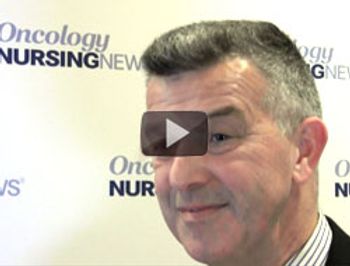
David Reardon, MD, clinical director, Center for Neuro-Oncology, Dana-Farber Cancer Institute, discusses caring for patients with glioblastoma.